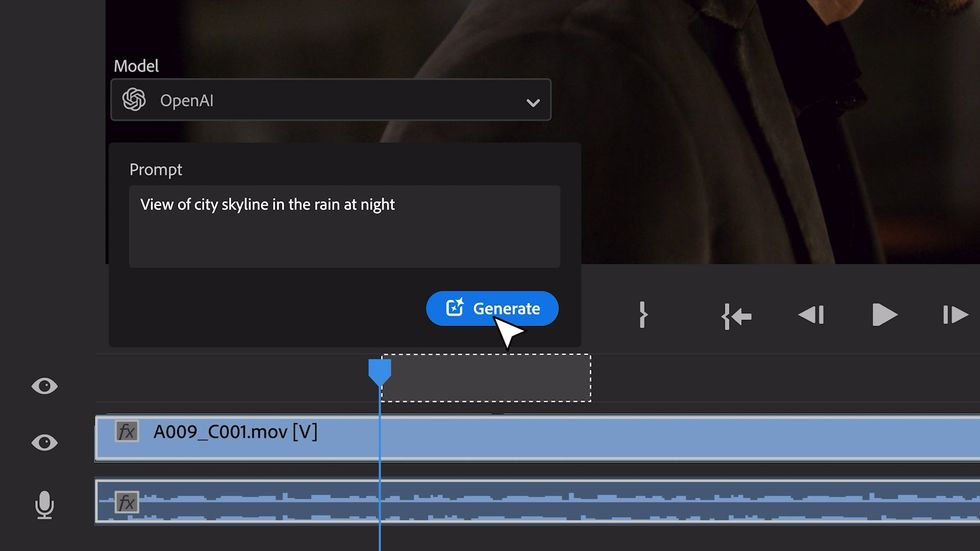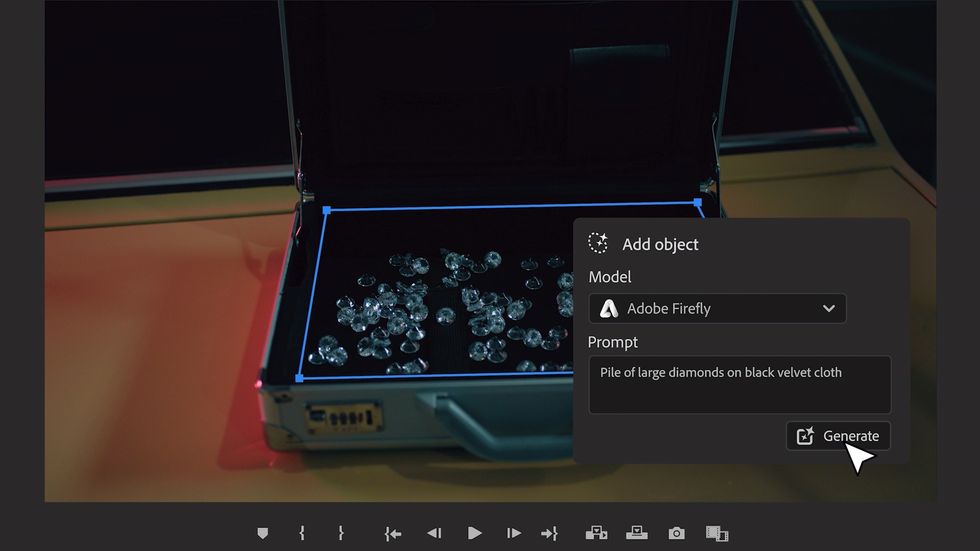The Science of Creativity: Understand and Improve Your Own Creative Process

One of the things I love about filmmaking is that it's a combination of so many different art forms -- the art is part literature, music, photography, theater, plastic, science, and technological. Film is an amalgam of everything, so it's easy to assume that only the most creative people of the world truly master it and flourish. But -- what is creativity anyway?
The distinction between creative people and analytical people (as if they could be so plainly divided) isn't as clearly defined as "right brain/left brain" leanings. Not only that, but one thing author Julie Bernstein suggests in the video, and that most would find as true, is that creativity isn't something you have and execute. It's something you work at. In other words, it's more of a skill that can be built upon and honed, rather than a characteristic that you either have or you don't.
For those who want to bolster their creativity, but aren't sure how to do it, here are some takeaways from the video:
WORK!
Bernstein describes that each creative person develops a set of tools and prompts that aid each creative venture -- how many times have you jumped to your feet with inspiration, or drank a pint of whiskey when it left you? Whether you're a screenwriter, DP, director, actor, or an all-in-one filmmaker, finding your creative identity doesn't necessarily mean waiting for inspiration to find you, but for you to find it. Get to work! The video shares an excellent quote from painter Chuck Close, which says, "Inspiration is for amateurs. The rest of us just show up and get to work."
Be okay with dead ends
Not everything you create will live. That's okay. It really is. We've learned that producing a product is better than imagining a product, but that's not always true. Not every screenplay idea is going to pan out. Not every interesting composition you think up is going to make it inside the camera. The point is to not force a square peg into a round hole. The point is to keep coming up with ideas, working on your craft, until the edges soften, chip away, and eventually fit.
Cognitive science of creativity
What kinds of people tend to demonstrate more creativity? Is it something you're born with? Is it as simple as being a "right brain" person? Not according to Cognitive Psychologist Scott Barry Kaufman. Based on the latest neuroscience, more creative people demonstrate certain attributes and practices, like being "open to combining lots of different associations that are coming from various different brain networks."
One thing I found interesting (and comforting,) about Kaufman's research is that each different stage of the creative process, Preparation, Incubation, Illumination, and Verification, is important and has its own effects. For instance, how often do you try so hard to maintain focus on a project, fighting like hell to not let your mind wander? Don't! Let it! Kaufman says that those who let their minds wander away from a task and then come back to it tend to have more creative ideas when they return. (Take that every teacher I've ever had!)
Collaborate!
If you're a screenwriter, you know the expanding void of loneliness that accompanies writing a script. However, filmmaking is a collaborative art form. Sure, each individual focuses on a singular task, but when it all comes together, each artist forms what Computer Scientist Ramsey Nasser calls the "meta-artist," the sum of the skills and perspectives of each individual artist.
Knowing that filmmaking is inherently collaborative, one lesson to take away from Nasser is one of "creative maturity." He suggests that your ideas aren't "you," and any criticism of your ideas aren't criticisms of you. He also says that working with people who differ greatly from you is an important aspect of collaboration, because otherwise, you might as well be working with yourself.
What do you think of the ideas and theories from the video? What do you do to amplify and further your own creative process?
[via Filmmaker IQ]















